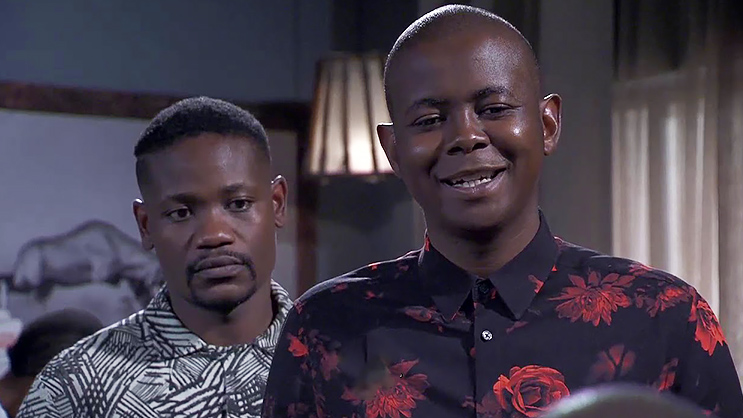Television is a constant presence in the lives of many South Africans. Most people schedule their lives around the viewing times of their favourite shows, starting with Skeem Saam at 18:30, House of Zwide at 19:00, the News, and then Generations: The Legacy at 20:00, followed by Uzalo and a grand finale of Muvhango at 21:00. While television can be a comfort and a great topic of conversation at work the next day, what is often overlooked is how the television shows we watch can impact the viewer’s attitudes, beliefs, and actions.
Television was introduced in South Africa in 1976. The National Party was against television during the apartheid era, calling it “the devil’s own box for disseminating communism and immorality.” Nonetheless, the medium became available in South Africa once the South African Broadcasting Corporation (SABC) was permitted to introduce a television service. In today’s age, it is difficult to imagine a life without television or streaming services.
During the pandemic, when people were confined to their homes, television and streaming rates skyrocketed across the globe. South Africa saw a 100% increase in certain daytime television slots during the 2020 lockdown period. For the first time, people were not only just watching television but watching television together. Parents, grandparents, and children surrounded the tv and enjoyed content and entertainment together in a way that had not been observed before in South Africa or the world.

Image courtesy of Unsplash
Once the Apartheid regime was dismantled in the county, the SABC, once a mouthpiece for the Nationalist Party, started airing soapies as a liberal form of television for the country. South Africa’s first daily soap opera was Egoli: Place of Gold which first aired in April 1992. The bilingual show followed a mainly white cast and was the first South African soapie to reach four thousand episodes after running for eighteen years and ending in 2010.
However, the one show that was truly groundbreaking in South African television history was Generations which premiered in 1993. Generations was set against the backdrop of the advertising industry in Joburg. The show featured a cast of young, hopeful, and intelligent South Africans who aspired and worked towards a better, freer future.
South Africans who watched the show dreamed of being part of the glamorous, successful, and crime-free world of Ezweni Communications. Iconic characters were introduced to viewers like Karabo Moroka, who quickly gave black women an idol to look up to, in every sense, from style, relationships and business success.
In the early days of some of the most beloved soapies in South Africa, there were common themes of family, new money versus old money, overcoming social injustices, education, and inequality. Generations taught audiences about safe sex and dealing with alcoholism and introduced one of the first onscreen same-sex couples.

Image courtesy of YoMzanzi
More recently, Skeem Saam has shown audiences how to deal with issues like teenage pregnancy, accountability, overindulgence, and relationships between older men and younger girls. However, as one scrolls through today’s television shows, the most prevalent and common themes are crime, corruption, adultery, and debauchery.
South Africa has seen an increase in crime rates over the years. The statistics for murder, assault, and robberies are on the rise. High rates of unemployment and poverty levels are contributing factors to the crime rates, which is why it is essential that the television shows we watch reflect a better and more hopeful picture of South Africa to viewers. While it has not been proven that television directly contributes to human behaviour, it has been hypothesised that television violence does increase negative behaviour.
According to Dr Daniel R. Anderson, Professor of Psychology at the University of Massachusetts, most researchers now believe that the evidence linking television violence and negative behaviour is as strong as the evidence that cigarette smoking causes lung cancer. Instead of perpetuating a television culture of producing shows that promote drug dealing, heists, robberies, and assault as mainstream television, South African television should once again move to educating and uplifting society.
It is only once we see better that we can do better. Many professionals were once inspired by Generations’ Ezweni Communications to one day work in advertising. Characters on 7de Laan influenced a generation of bakery and restaurant owners, while Isidingo taught us about the complexities of the mining business. Today’s television shows need to move away from brandishing crime and into a new era of television that celebrates hard work, justice, and good morality. Only then can South Africa expect to begin to see a change on our streets.



















































